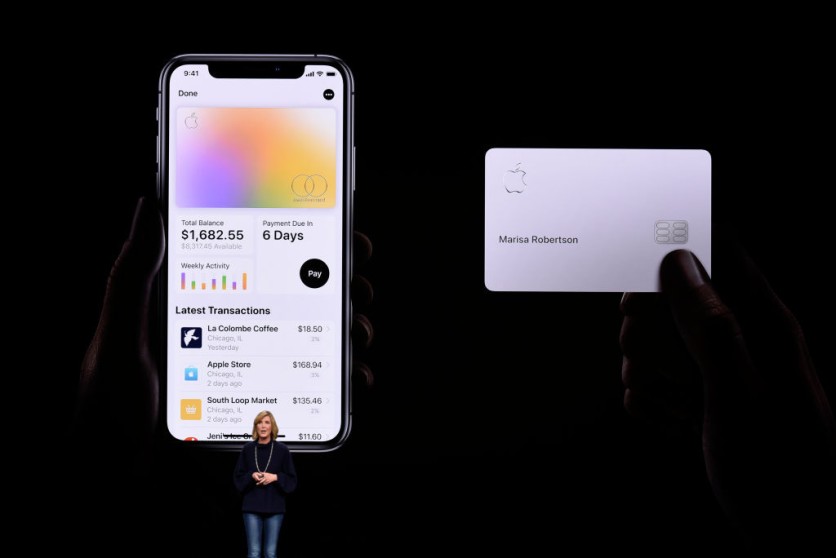A California judge has denied Apple's request to dismiss a class action lawsuit over Apple Pay. The suit alleged that Apple violated antitrust laws with excessive processing fees and restricted access to NFC scanning hardware.

Denying Dismissal Request of Apple
Apple's attempt to dismiss a proposed federal class action lawsuit regarding Apple Pay was denied by California Northern District Judge Jeffrey White on Wednesday. The case was filed by three credit unions claiming that Apple violated the Sherman Antitrust Act.
The Verge reported that the credit unions argued that Apple's processing fees are excessive and that the company's refusal to grant access to its NFC-scanning hardware to other digital wallets is exclusionary.
The judge sided with the credit unions, acknowledging their argument that QR code payment apps like Venmo do not provide the same convenience and functionality as Apple Pay.
Furthermore, the high switching costs to move to Android create a distinct market for iOS tap-to-pay. Lawyers contended that Apple effectively monopolizes this specific market, with the NFC reader detail being the sole barrier to potential competition.
According to the complaint, Apple's actions compel more than 4,000 banks and credit unions utilizing Apple Pay to incur a minimum of $1 billion in excess fees. Additionally, this conduct negatively impacts consumers by diminishing the motivation to enhance the safety and user-friendliness of Apple Pay.
White noted that the plaintiffs have credibly asserted that Apple should permit alternatives to Apple Pay. It could foster greater competition, encouraging innovation and reducing prices.
In its bid for dismissal, Apple maintained that it levied only "nominal" fees, even for smaller card issuers. The company also emphasized that the plaintiffs overlooked the "competitive reality" wherein consumers still had the option to make payments through cash, credit and debit cards, and various other methods.
The judge also sided with Apple's argument that the claim fell flat since Apple Pay is free and Apple does not force the public to use it. However, overall, White noted that the claim that the company has a monopoly was "plausible."
White concurred that Apple imposed "unjustifiably high and inflated fees" for payment processing and expressed concern about the lack of competition in the iOS digital payments sector, which he viewed as detrimental to consumers.
He also deemed Apple denying NFC access to third-party apps anticompetitive. It echoed the European Union's preliminary ruling in 2022, which labeled Apple Pay as anticompetitive due to its exclusionary utilization of the iPhone's NFC reader.
The Credit Unions vs. Apple
Reuters reported that the credit unions' attorneys also alleged that Apple Pay is inappropriately linked to Apple devices like phones, tablets, and watches.
Steve Berman, a lawyer for the plaintiffs, conveyed his contentment with the court's decision in an email, emphasizing, "We are happy with this ruling." He added that "there are billions at stake, so getting by the motion (to dismiss) largely intact was huge for the class."
Illinois' Consumers Co-op Credit Union, Iowa's Affinity Credit Union, and GreenState Credit Union are at the forefront of the proposed class action. They asserted that Apple compelled individuals using its smartphones, tablets, and smartwatches to use its wallet for tap-and-pay transactions exclusively.
That stands in contrast to Android-based device manufacturers that allow users to utilize wallets like Google Pay and Samsung Pay. Apple and the plaintiffs will meet again in court on December 1.

![Apple Watch Series 10 [GPS 42mm]](https://d.techtimes.com/en/full/453899/apple-watch-series-10-gps-42mm.jpg?w=184&h=103&f=9fb3c2ea2db928c663d1d2eadbcb3e52)



